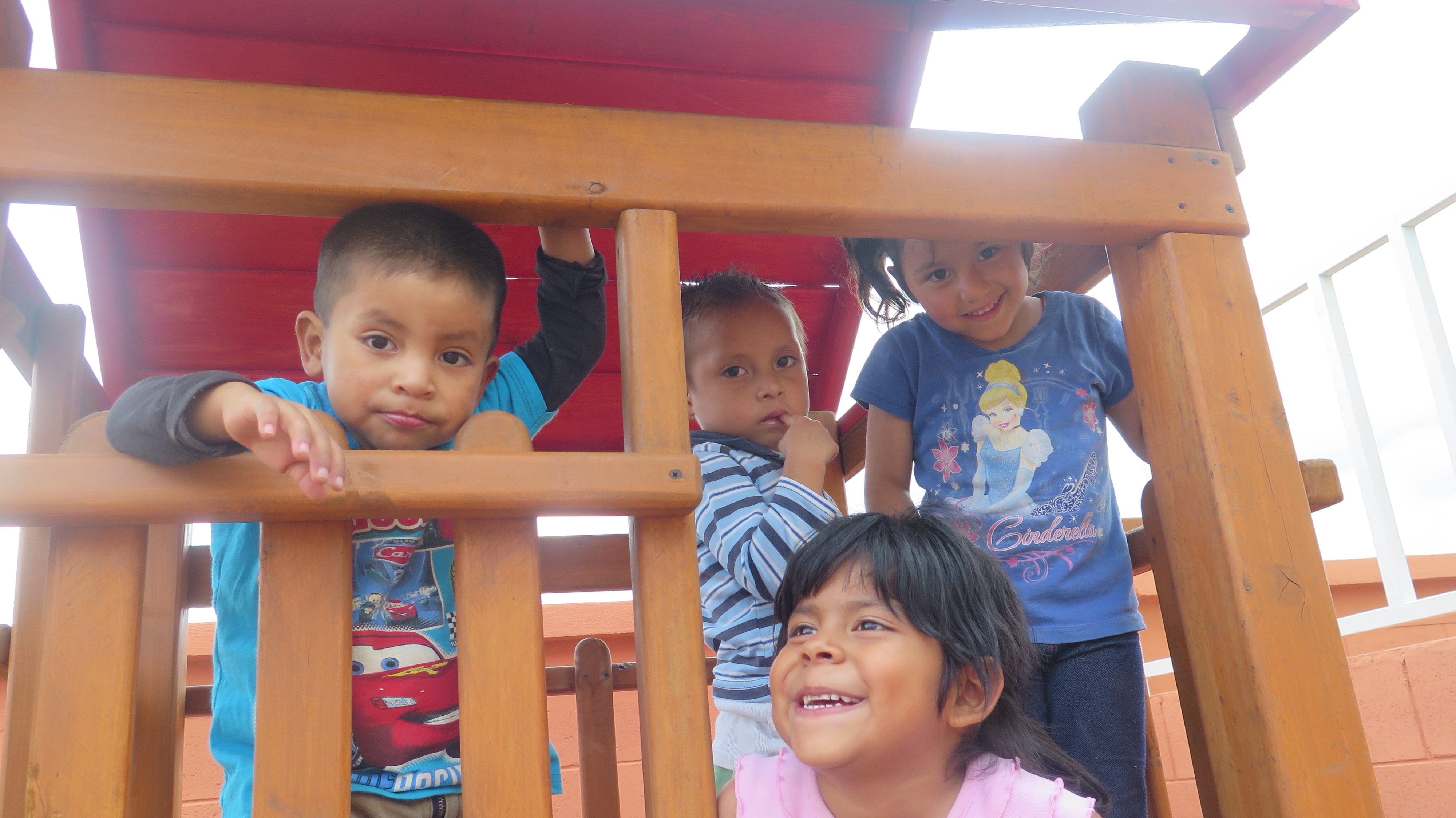Poverty means children are deprived of a safe childhood
-Aldeas-Infantiles-SOS-GT-(21).jpg?width=800)
Santa Cruz del Quiché is the capital of the Quiché Department. The department has around 860,000 inhabitants, and most people live in rural areas.
The region suffered greatly during the three decades of armed conflict that ended in 1996: thousands of people were displaced or killed and families were torn apart. Those who are now adults starting their own families have, in many cases, been deeply scarred and traumatised by the terrible events they witnessed as children.
63 per cent of the population of Santa Cruz del Quiché lives in poverty, 21 per cent of them in extreme poverty where they cannot meet even the most basic needs such as putting nutritious food on the table. Poverty levels are highest in rural areas, where people make a living as subsistence farmers or artisans. As a result, over half of the population in the department is malnourished.
Many start out at a disadvantage in life
Women in Quiché have an average of six children, this means families are large and there are many mouths to feed. Families are under extreme pressure and this can lead to a number of problems: parents often resort to alcohol in order to cope with the difficult circumstances, which in turn can lead to violence in the home, to neglect and, in the worst cases, abandonment of children.
The high cost, and scarcity, of health care is another issue that seriously endangers children’s development. Malnutrition affects a great number of children; these children don't get the nutrients they need for their healthy growth.
Many children are also forced to work from a young age. They drop out of school and often migrate on their own to larger cities in order to shine shoes, in the case of boys, or to become domestic maids in the case of girls. Girls are at the additional risk of being trafficked or sold off for marriage to older men.
Young people, and especially young parents, find it difficult to become independent. Jobs are hard to find and are often unstable; those who do work are often paid low. These factors put young people at risk of falling into the hands of violent and criminal groups.
What we do in Santa Cruz del Quiché
-(7)_1.jpg?width=800)
Strengthen families: Since 2011 we have been working with vulnerable families in order to prevent family breakdowns.
We work with other agencies and the local community to provide these families with support with nutrition, and help them access medical care and education. We aim to strengthen all family members so that they can be protected and stay together.
In order to prevent malnutrition, we not only hand out monthly food provisions, but we also run workshops on healthy eating. In addition, we improve the situation of parents by offering training workshops, advice on income generation and parenting practices, as well as counselling and psychological support where needed. In 2016 we were working with around 280 families and 213 children.
Care in families: Children who have lost parental care find a new home in the SOS families. They will grow up together with their siblings and are cared for by SOS mothers. The children attend the local schools and kindergartens along with other children from the community.
Children in our care are encouraged to keep in touch with their families of origin, and wherever possible, they can return to live with them.